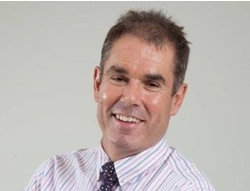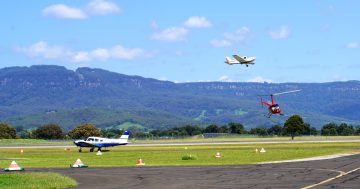NEW ZEALAND
 There are growing concerns over the situation at New Zealand’s trouble-plagued Civil Aviation Authority (CAA), where staff turnover has been 30 per cent higher than the Public Service average during the past year.
There are growing concerns over the situation at New Zealand’s trouble-plagued Civil Aviation Authority (CAA), where staff turnover has been 30 per cent higher than the Public Service average during the past year.
The CAA is undergoing a board shake-up and is under Government pressure to lift its performance.
Chief Executive of Aviation NZ, John Nicholson said there was disquiet within the sector about the culture at the regulator, which was losing experienced staff and delivering inconsistent audits of operators.
The New Zealand Air Line Pilots’ Association (NZALPA) said there appeared to be resourcing issues at the authority, which was last month blasted for its performance in the lead-up to a helicopter crash at Fox Glacier that claimed seven lives.
When the findings of an inquiry were released, the CAA admitted it wasn’t sure of its role in the lead-up to the crash in 2015.
President of the NZALPA, Tim Robinson (pictured) said while regulation of the airline sector was running well, there appeared to be problems in the general aviation (small planes) and helicopter sectors.
‘‘Clearly there are still resourcing issues,’’ Mr Robinson said.
“I speculate there are culture issues within the CAA and they have silo issues within their different inspectorates.”
Mr Nicholson said the CAA appeared to be bogged down by a wide range of Government requirements.
‘‘I just wonder if we’ve started to make things too complex,” he said.
“A lot of the clarity is lost in bureaucracy.”
Minister for Transport, Phil Twyford said the CAA had made significant improvements in regulatory surveillance since the Fox Glacier accident, but he expected improvements.
‘‘Safety is our Government’s top transport priority and I expect CAA to continue to lift its performance,’’ Mr Twyford said.
“I have asked the Board to focus on regulatory performance over the coming year.”
CAA figures revealed that, including part-timers, there were 284 staff, and 49 had left during the past year.
That turnover, of 17 per cent, at the Crown entity compares with the annual rate of 12.1 per cent across the Public Service.
Wellington, 24 June 2019






